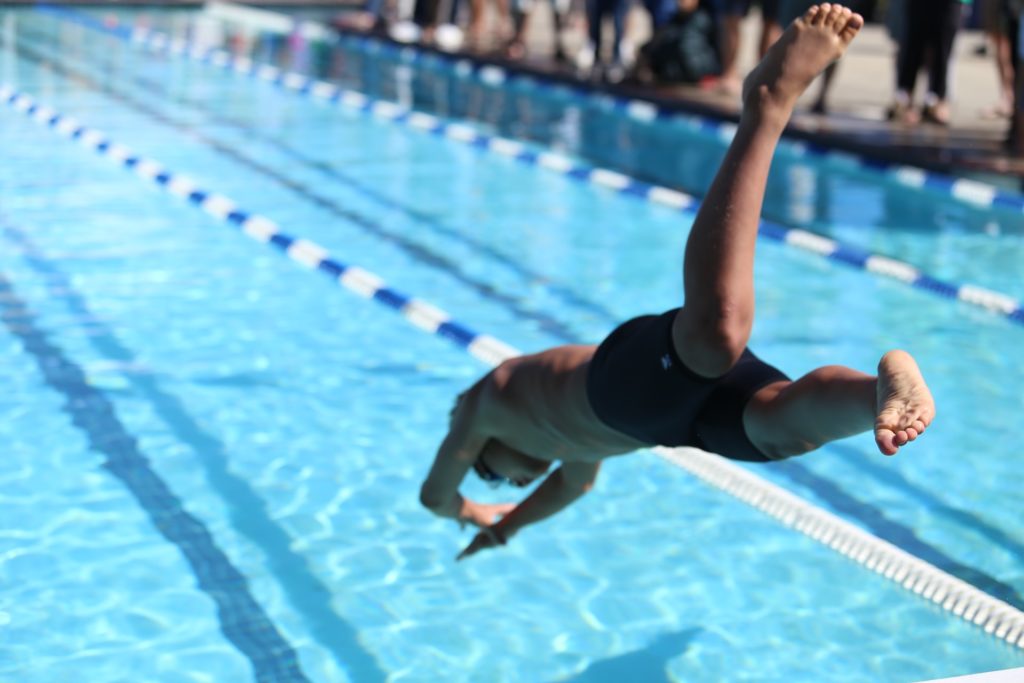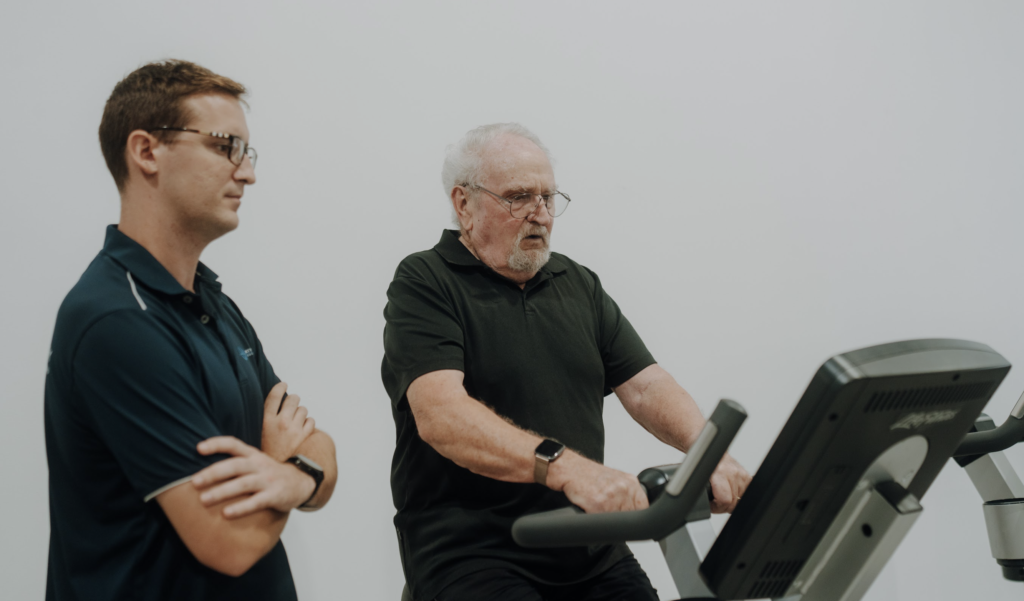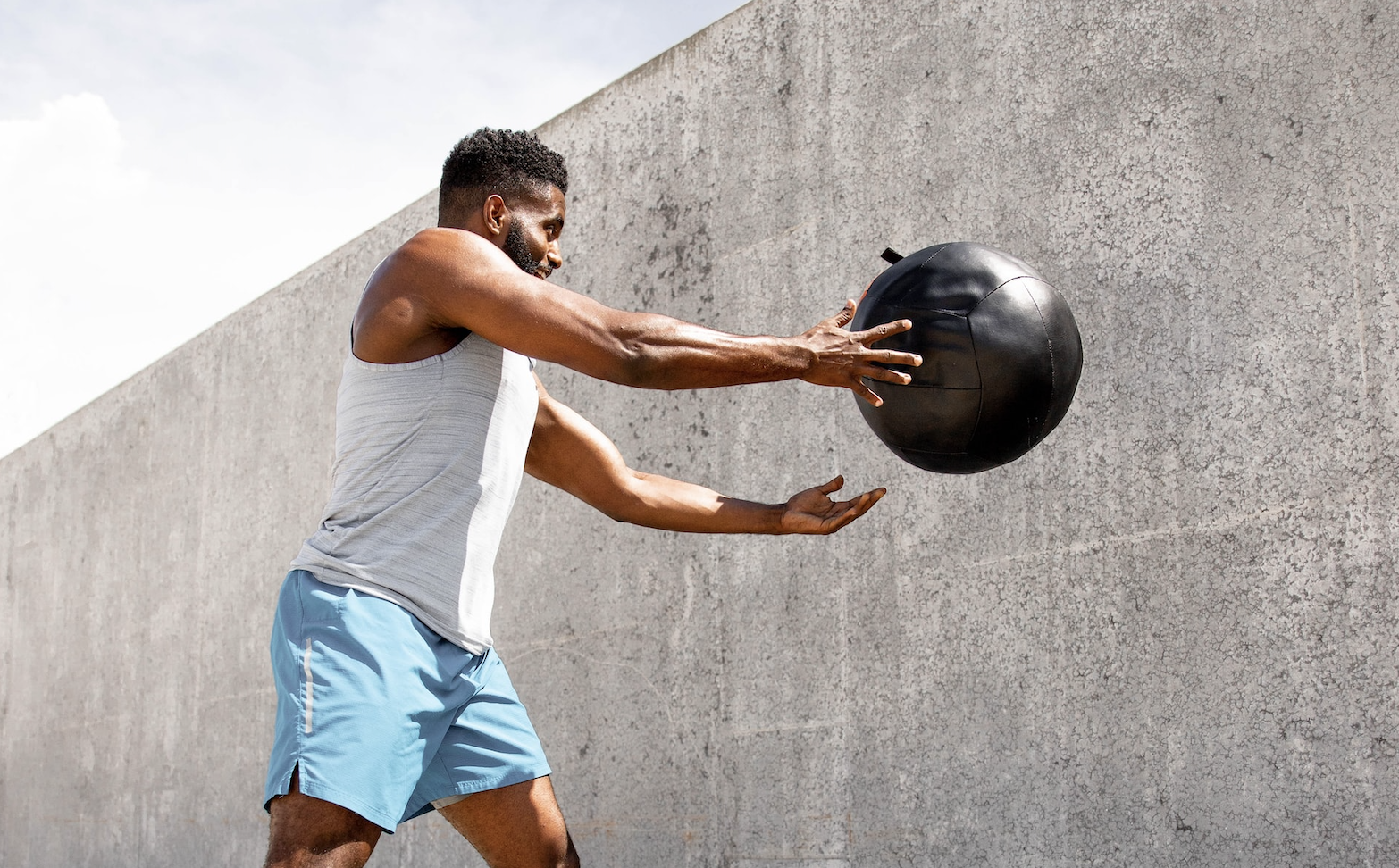To become stronger, faster, and fitter, you have to push your body harder. Unfortunately, this sometimes comes with the by-product of fatigue, soreness, and an increased perception of fatigue.
The changes you’re causing can do your body a lot of good. They lead to muscular strength, endurance, better cardiovascular health, and overall healthier bodies. But you need to give your body time to rest and recover for those good changes to happen before you start stressing it out again.
A quick google search and you show you thousands of techniques and expensive gadgets that claim to help your body recover the quickest, including:
- Compression garments
- Massage
- Vibration guns
- Hot and cold immersion
- Electrostimulation
What these all have in common is a temporary reduction to your training stimulus that allow the body time to rest and restore itself before your next session. While these may also temporarily reduce fatigue and reduce pain, they can be expensive and might require a trained professional such as a massage therapist.
Instead of buying into the gimmicks, here are four easy (and affordable!) ways to recover from your last workout.

1 EXERCISE
An inexpensive form of recovery is more exercise! Active recovery in the form of low-intensity exercise can be beneficial in creating reductions in fatigue and pain with next to no cost involved. This may be a long walk, a light jog, pool exercise (hydrotherapy), or light stretching. All of these options can help your recovery and be done in your time and by yourself.

2 NUTRITION
Nutrition also plays an important role in recovery. Our body requires adequate amounts of carbohydrates to replenish the energy stores we use during exercise, and enough protein to help muscle growth. While your individual circumstances may be unique, the general rule of thumb is 1.2-2.0g/kg/day e.g., 75 kg = 90-150g of protein. For accurate nutritional advice, it is best to speak with an Accredited Practicing Dietician to determine what’s best for you.

3 SLEEP
Adequate sleep is arguably the best form of physiological and psychological recovery that everyone has access to. Exercise has been shown to increase sleep quality by increasing sleep duration and reducing instances of waking during the night after we have fallen asleep. Those who experience a poor night of sleep can use napping during the day to reduce the negative effects of poor sleep.

4 SPEAK TO A PROFESSIONAL
Everyone has individual abilities and circumstances and if you’re new to exercise and/or sport it can be difficult to know where to start safely.
Accredited Exercise Physiologists are university-qualified and equipped with the knowledge and skills to improve health, fitness, well-being, and performance, and assist in preventing chronic diseases.
Speak to one of our experienced Exercise physiologists at Northside Allied Health who can help to guide you through an exercise program. They will assess your capacity and prescribe exercises that are tailored to your individual needs.

